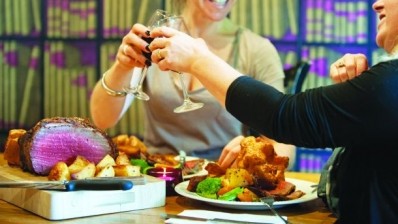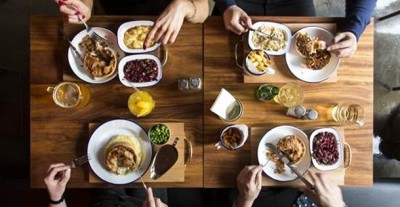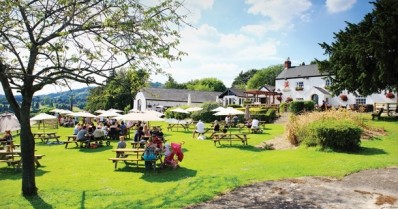Pub food
Issues to consider for a new food offer

While it’s nothing new, and traditional pub grub has kept bellies happily full for many years, it’s now common to see pubs gracing the pages of the Good Food Guide — and some have even been awarded Michelin stars.
To capitalise on the food trend, you might want to consider a locally sourced tasting menu, or simply serve up a few cheese toasties. Either way, food is a fantastic opportunity increase sales. However, it needs careful planning and there are certain regulations you must make sure are taken care of. To guide you, we’ve put together a few tips as a starter and if you’re tempted, you should take legal advice and speak to your local authority to make sure you’re on the right track.
Think carefully about what you want to do and the facilities you will need to do it. Are you going to serve sausage rolls over the bar or create a whole new dining room? Ensuring you know what you are doing at the start means you won’t have any nasty financial surprises along the way and will help you stick to your schedule.
Layout
Remember, any changes to the layout of your premises may require planning and licensing approval and you will have to ensure it complies with health and safety and fire regulations. Having a clear idea of what you’re doing also means you can explain your plans to the authorities and your neighbours.
Check your premises licence to see if there are any restrictions on serving food. If so, you may need to make an application to deal with this. If you want to serve hot food or drinks between 11pm and 5am, you will need permission for late-night refreshment on your licence.
If your pub is a tenancy, you should also check your lease and speak to your landlord about any changes in your operation. You should also check your planning permission allows you to do what you want to do.
Contact your local authority, which will be able to give you guidance on many aspects of your new business, for example, in respect of waste collection and deliveries.
You will need to register as a food business with your local environmental health department at least 28 days before you start operating. Registration is free and cannot be refused, but it must be done and it is a criminal offence to run a food business without registering (unless it is exempt). The local authority will inspect your premises periodically and you should make sure you keep them up to date with any changes to your business.
Serving food to the public is a serious business and you will have to comply with all health and safety and fire regulations. The Food Standards Agency has published extensive guidance on its website (www.food.gov.uk) and you should read through this before you start.
There is certain information that you will have to show on your menus, for example, allergen information, and descriptions of food must be accurate.
Your staff must also be aware of the principles of good hygiene and you should ensure all staff training is appropriate to your business.
The changes to your business may be very small or more significant. Ensure that your management practices are up to date and you may need to put new policies in place.
Finally, make sure you keep good, accurate and up-to-date records.






